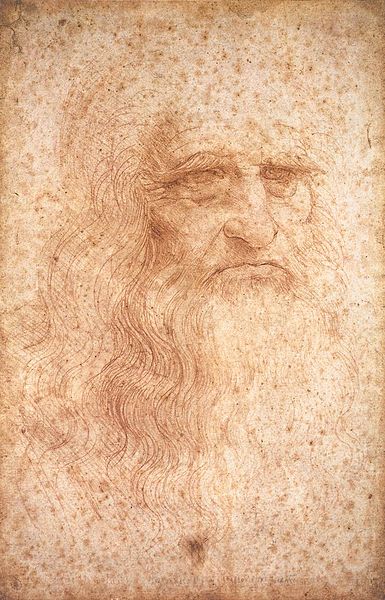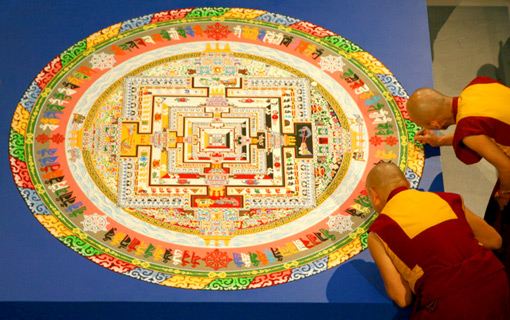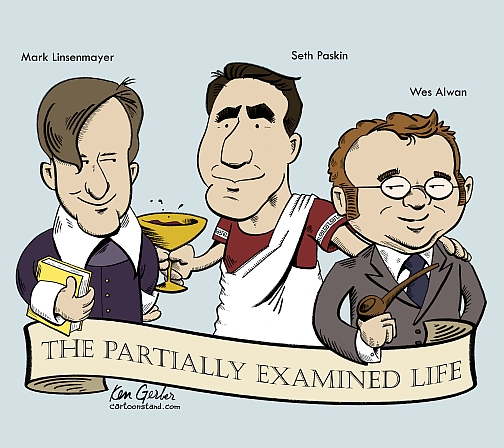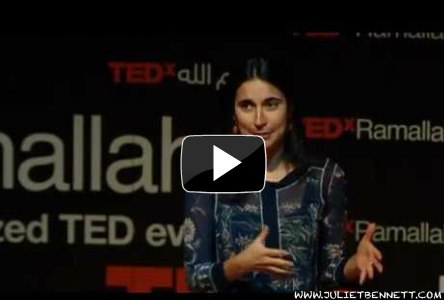Remember the times when one person was a philosopher, a scientist, an inventor, a musician and an artist? No? Well that’s because people now specialise too much, and generalise too little. That’s the way our education system and our job opportunities work. That’s why we are told to choose one thing and become a master at it.
Back in the Renaissance days things were different.
I remember first stumbling across the “polymath” on wikipedia about five years ago. I was in awe and inspired by the concept.
A polymath is a more positive way of referring to a “jack of all trades” — a person who has expertise in many different subject areas.
Leonardo Da Vinci is a prime example: a painter, sculptor, architect, musician, scientist, mathematician, engineer, inventor, anatomist, geologist, cartographer, botanist, and writer. The pursuit of knowledge crosses over many areas, each which feed off and inspire one another.
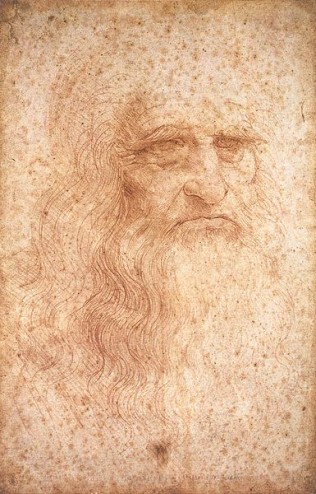
Polymathy hasn’t completely disappeared. I have a friend who has been a fashion model, a fashion designer (in Milan), a property developer, a scientist (he has a PhD in molecular biology), and an entrepreneur in premium Italian pasta. Very impressive, and I’d say he’s a polymath (though not yet a Da Vinci!)
Back then it was easier, I think. Five hundred years ago there was approx 500 million people. That’s a world population of half-a-billion. Now we have 14 times that number – that’s a lot more competition. And a lot more history, science, math, literature etc to learn!
Still, following my last entry about it supposedly taking 10,000 hours to master something, I want to say it does seem advantageous NOT to stick to just one thing.
In times where specialisation seems over-specialised to the point where it becomes trivial, embracing knowledge in different areas and finding your own niche in the cross-over is where many opportunities lie. It may take more than 10,000 hours, but I imagine the process in and of itself is rewarding.
Professor Stuart Rees advises his students to “be promiscuous” with life, that is, (metaphorically) to “get into bed” with different subjects, theorists, life experiences and types of friends. Each and every endeavor carries different skills, which add to different areas of your life. So go — be promiscuous, and bring back polymathy!
